When I got into birding, I jumped in with both feet. I wanted to find out what this birding thing was all about. But how? What comes after the binoculars and field guide?
As with most any pursuit, birders need knowledge and desire to progress beyond beginner status. The desire is the “easy” part – you have to want to get better, and be willing to put in the work to do so (and it does take work). But how do you get the knowledge? There is no substitute for field experience. But even so, you can only progress so far and so fast on your own. The help of a more experienced birder is crucial. Unfortunately, they’re not always around every time you need them! Thank goodness for the collected experience and wisdom available in books. Here are a few selections that will greatly aid beginners (or anyone, for that matter) in their quest to become a better birder.
-
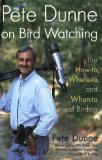
Pete Dunne on Bird Watching: The How-to, Where-to, and When-to of Birding
Pete DunneAfter binoculars and field guide, this is the next thing every prospective birder should have. Dunne provides many tips and suggestions, but more than anything else, he clearly introduces what this birding thing is all about, from birdfeeding to pelagic trips. As a bonus, you get all of this with the author’s trademark wit and humor. This is more than a treasure trove of information from one of our foremost birders, it’s also a fun read.
-
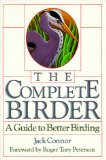
The Complete Birder: A Guide to Better Birding
Jack ConnorEven though this is older and out-of-print, it’s worth tracking down. There is a little overlap with the other books, but also provides an overview of birding seasons and some difficult families like warblers and gulls. Personal anecdotes and lively writing keep this interesting.
-
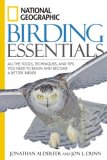
National Geographic Birding Essentials
Jonathan Alderfer and Jon L. DunnThis covers more technical, but still crucial, topics than Dunne and Connor, such as the parts of a bird and molt. It is profusely illustrated with great color photos to exemplify the concepts.
-

Sibley’s Birding Basics
David Allen SibleyThis is a great guide, but contrary to the title, I think intermediate and even advanced birders will get more out of this than beginners. If the rest of these books haven’t satiated your desire for birding know-how, then turn here next.
-
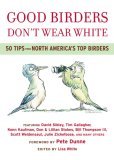
Good Birders Don’t Wear White: 50 Tips From North America’s Top Birders
Lisa WhiteThere are some good, helpful tips here. But the scattershot approach means that it isn’t very comprehensive. It’s worth a read, but preferably after one of the prior books. (Full Review)
-

Birding
Joseph Forshaw, Steve Howell, Terence Lindsey, Rich StallcupI found a prior edition of this in a bookstore’s bargain book section just after I started birding. It was surprisingly helpful. The introduction to birding, including the tools and other items you will need, is really good. Not as in-depth as some of these other books, but I found myself referring to it often.
-
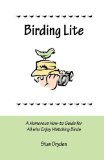
Birding Lite: A Humorous How-to Guide for All Who Enjoy Watching Birds
Stan DrydenA good option for those who are curious about bird watching or just getting into it. They will find the information required to get started presented in a fun, though shallow, manner. But if you’re already sure that birding is for you, then one of these other options will be more helpful, particularly Dunne or National Geographic. (Full Review)
For the most part, these books won’t help you identify a particular bird. But they will give you a firm foundation to make quicker and more accurate identifications. What’s more, they will help you better enjoy and get more out of the pursuit of bird watching.
Posted by Grant McCreary on November 23rd, 2009.
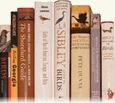




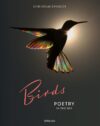
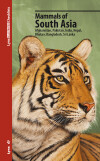
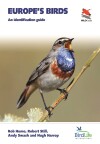
Comment